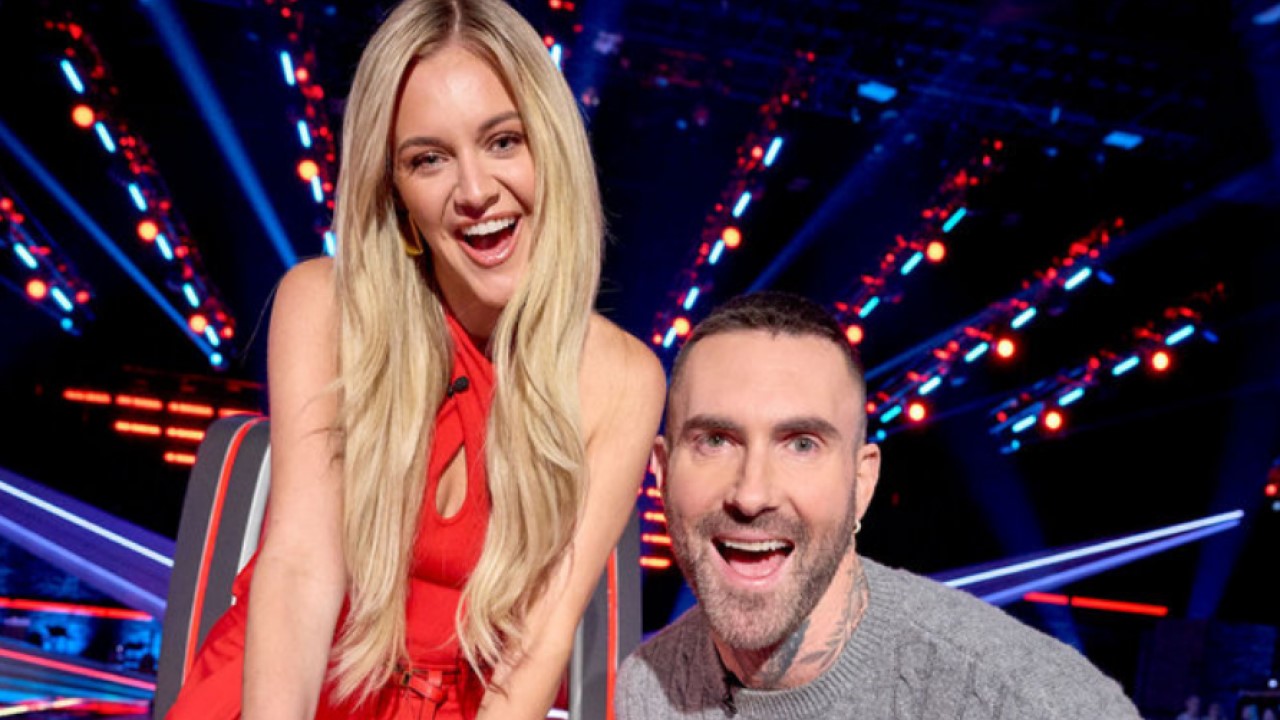Easily described as "Speed with a piano," the premise of Grand Piano seems downright ridiculous. A once-celebrated pianist with crippling stage fright must play perfectly at his comeback concert or else he and his wife will be murdered by a maniac with a sniper rifle (and a deranged appreciation for a song that is considered impossible to play). However, this sly thriller overcomes its silly setup with a blend of cinematic artistry and fine-tuned tension.
Written by Damien Chazelle, Grand Piano stars Elijah Wood as Tom Selznick, the aforementioned concert pianist with serious performance anxiety. Five years before, he froze on stage, failing to complete a complicated composition written by his late mentor. This destroyed his self-confidence, and his career. But coached by his loving and ultra famous movie star wife (Kerry Bishé), Tom is set to return to the stage to play on the deceased mentor's specially made grand piano. However, "the concert of his life" takes on new meaning when he discovers threats and directions from an unseen killer (John Cusack, instantly recognizable by his voice) in his sheet music. If he misses a single note, Tom and his lovely wife die.
There are many reasons this movie shouldn't work. On its face, its story is absurd. It's a midnight movie that demands its audience listen to classical music for the majority of its running time. Most of Grand Piano is set on a single location -- on stage at the eponymous instrument. From there, our hero and his would-be killer speak mostly through a planted earpiece, a move that's risky… as phone conversations in movies are typically difficult to make visually engaging. In short, these are some serious obstacles that would understandably have many filmmaker shying away from this script. But director Eugenio Mira took on these challenges, and remarkably made a clever and thoroughly chilling thriller. Grand Piano's execution is pretty impeccable. The performances are all on-point. Wood's face is as alive with anxiety and fear as his fingers are with brilliant motion as they play frantically across the piano's keys. Cusack, whose role is almost entirely voiceover, is grimly terrifying and wickedly entertaining as the taunting, music-loving murderer. As the pretty wife/target, Bishé has little to do, but gets a worthwhile moment in the final act that she nails. Even Alex Winter, Allen Leech and Tamsin Egerton as an array of sidekicks are terrific at injecting verve and a bit of humor into this dark journey.
While the performances are affecting, Mira pulls us in with an enveloping sound design that makes applause like a harsh and violent drone, and plays the diegetic symphony as a bold reflection of Tom's inner anguish and panic. I've never been one for classical music, but here it serves as the perfect soundscape for the narrative, being rousing and frightening. The soundtrack combines with striking shot compositions to create tension as well as an eerie sense of the world being out of balance. The camera frames Tom and the piano at awe-striking angles that communicate his feeling of being trapped, while they keep the setting of this concert stage fresh and exciting. Finally, the film's violence is uniquely disturbing, rejecting gore for more sophisticated scares and shrewd cuts.
Admittedly, I didn't expect much of Grand Piano because of its logline. But Chazelle's sharp script has been elegantly translated by Mira. While its first act is a little clunky, its second begins with a jolt and then builds and builds to a pretty sensational finale. Ultimately, Grand Piano is stirring, disturbing, and way smarter than your average midnight movies. Be sure to watch it with the volume turned up.
Grand Piano is now available on iTunes/On Demand and will be in theaters March 7, 2014.
Staff writer at CinemaBlend.












